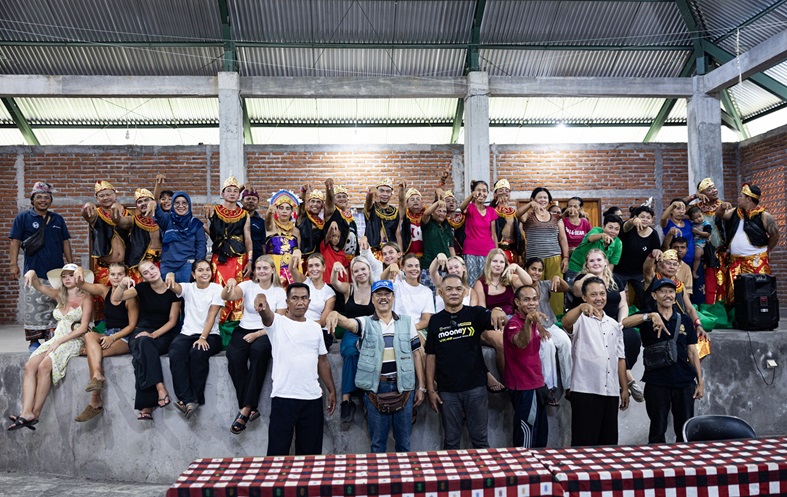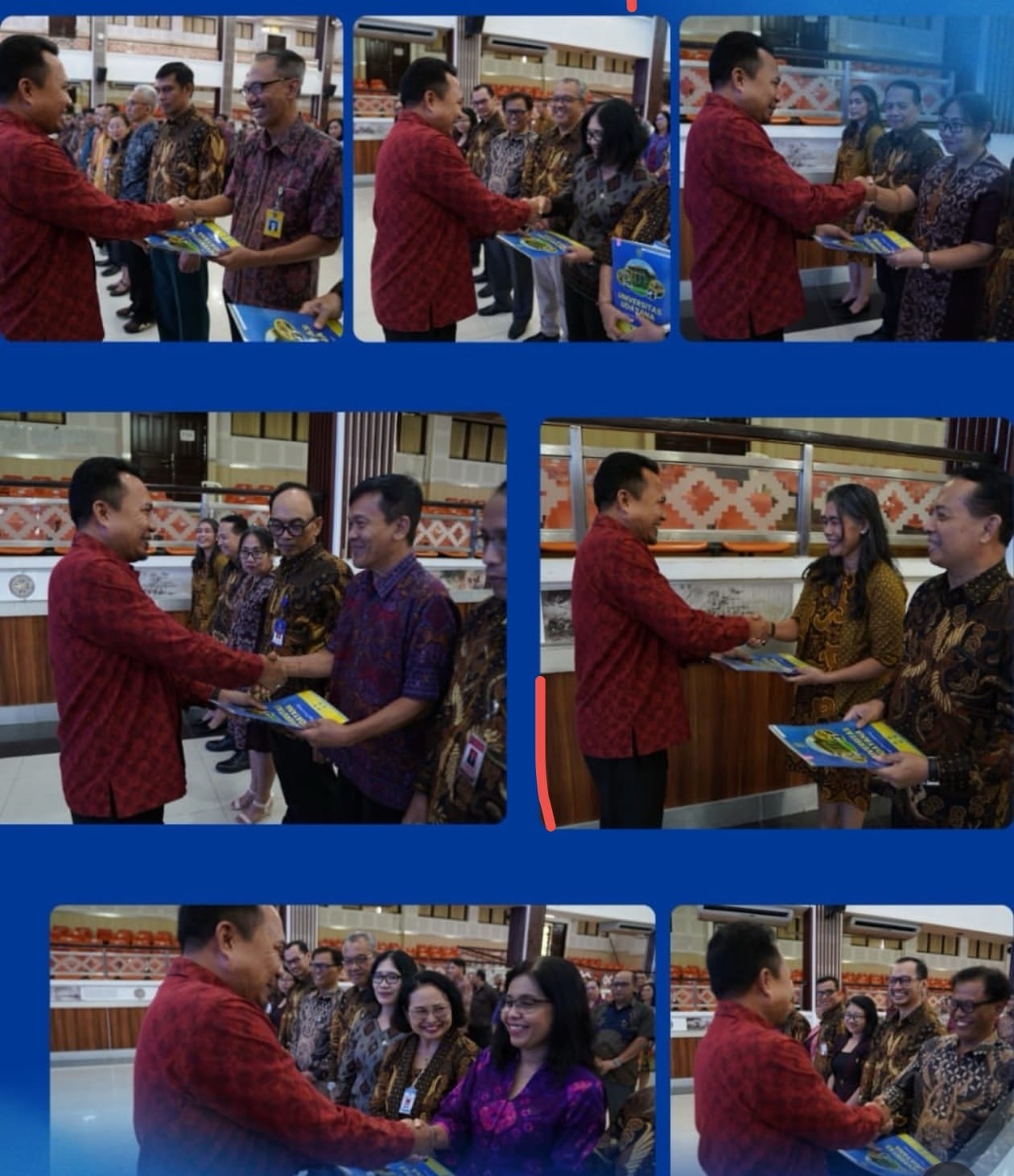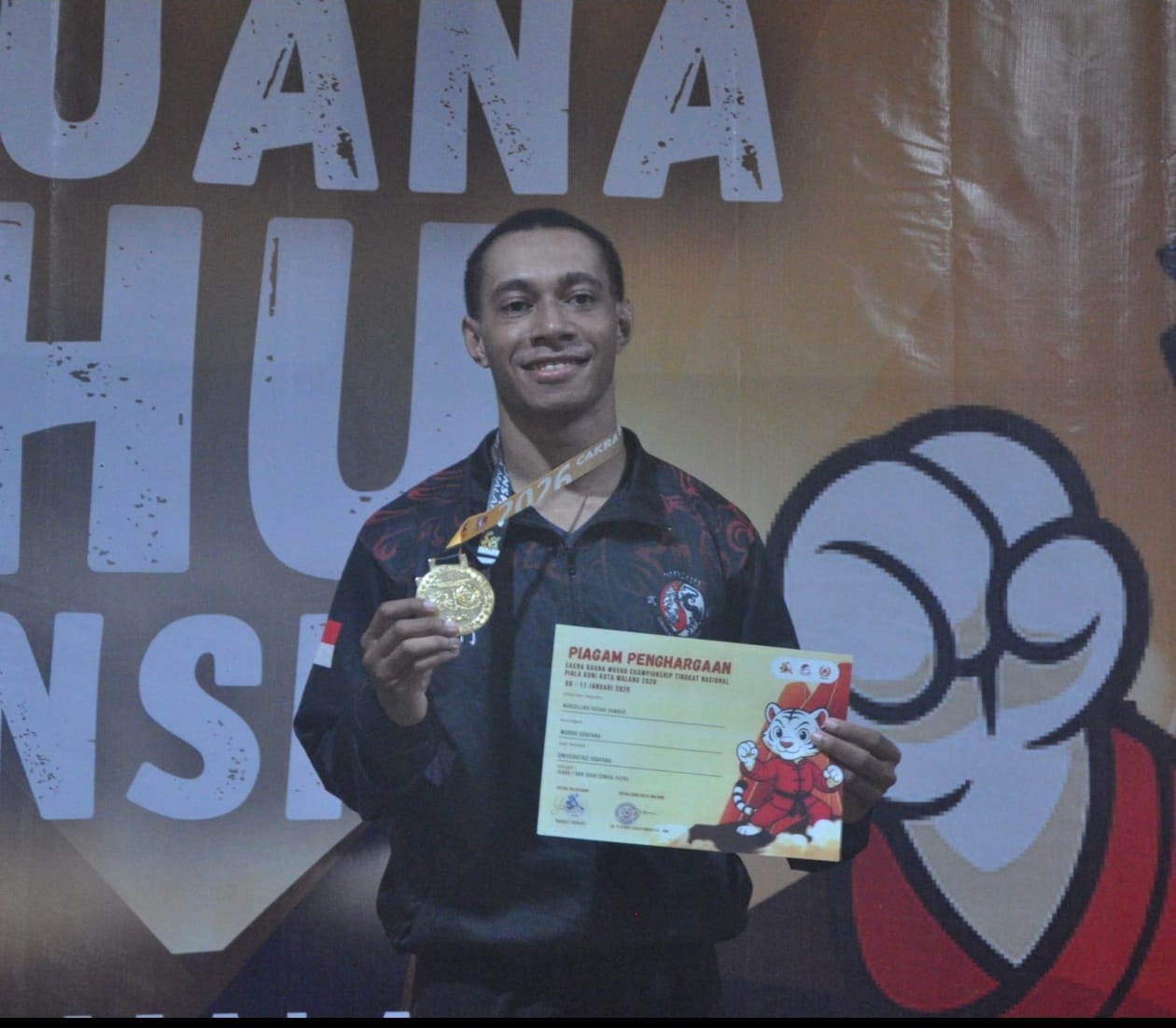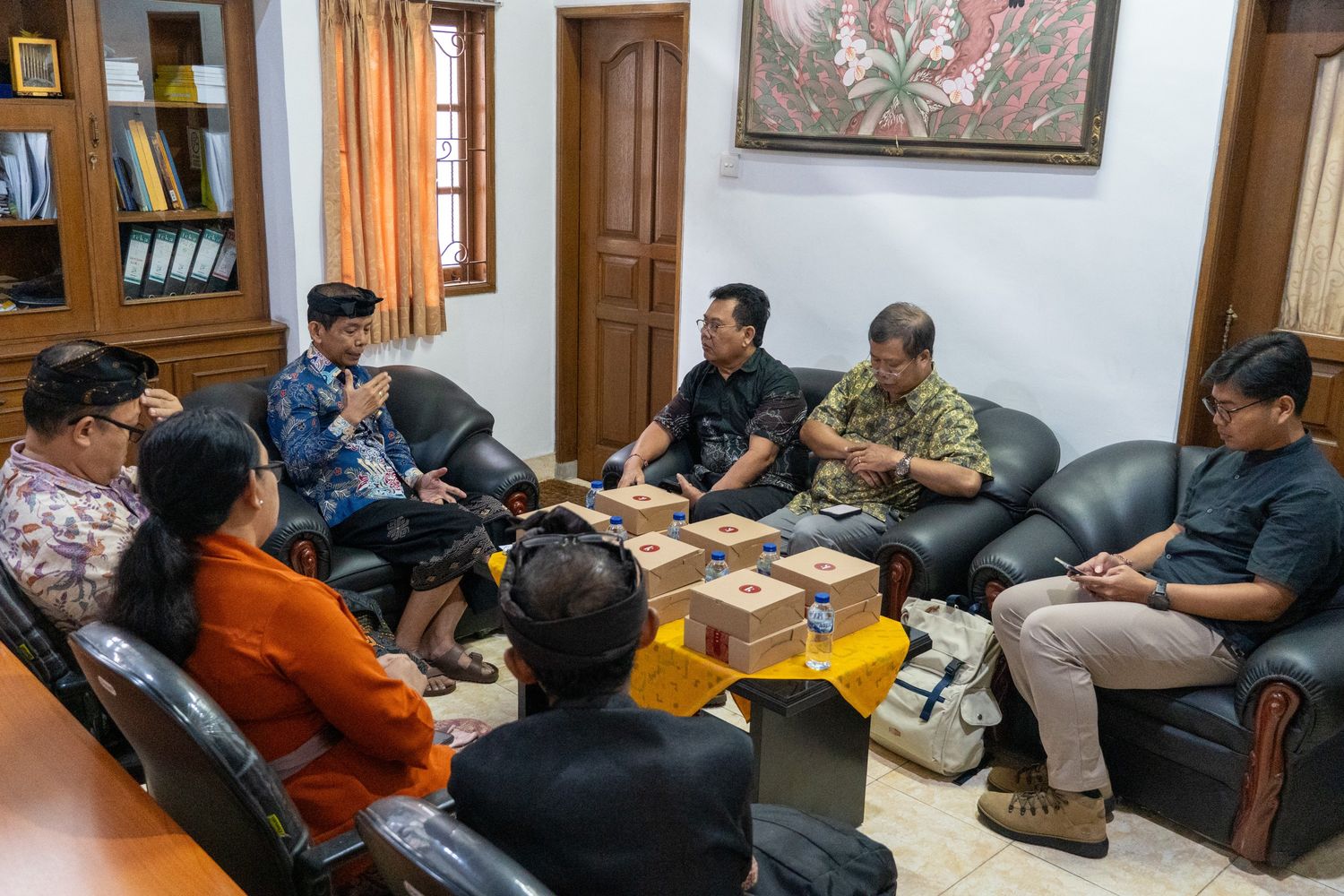Introducing Balinese Culture Closer, Anthropology Study Program with Foreign Students Conducted International Community Service in Buleleng
The Cultural Anthropology Study Program, Faculty of Humanities, Udayana University, held community service in Bengkala and Pegayaman, Buleleng on Friday-Saturday, November 8-9, 2024. This event aims to provide appreciation for the disabled community in Bengkala village and the young Burdah artists in Pegayaman. The Coordinator of the Cultural Anthropology Study Program, Aliffiati, S.S., M.Sc., representatives of lecturers in the FIB study programs, Bengkala and Pegayaman village officials and dozens of Norwegian students who participated in the Social Antrology Go Study program.
On the first day, community service was carried out in Bengkala Village, Kubutambahan District, Buleleng Regency. On the first day, the Anthropology Study Program provided food packages to the kolok community. In addition to community service activities, Norwegian students also conducted research on communication patterns using the typical Bengkala sign language.
On the second day, community service was carried out in Pegayaman Village, Sukasada District, Buleleng Regency. On this occasion, the Anthropology Study Program provided assistance in the form of repairing Bordah musical instruments that will be used by young Bordah artists. The event continued with a presentation of the unique history of Pegayaman by Drs. Ketut Muhammad Suharto. In his material, Drs. Ketut Muhammad Suharto conveyed the history of Pegayaman and the genealogy of the Muslim community of Pegayaman. "Pegayaman has a long history, even from the oldest sources it has been recorded since the time of Hindu Mataram, this cannot be separated from the development period of the dynamics of the struggle for control of Bali by the Kings of the Archipelago which began in 882 AD, when Hindu Mataram began to have a desire to control Bali as its kingdom".
According to Drs. Ketut Muhammad Suharto, the Muslim residents of Pegayaman themselves also have unique origins. "The origins of the Muslim residents of Pegayaman can be traced back to the Buleleng Kingdom when I Gusti Anglurah Panji Sakti was in power in 1648. King I Gusti Anglurah Panji Sakti attacked the Blambangan Kingdom, with a Muslim army led by Nur Alam, Nur Awin, and Nur Mubin. The king then gave the Muslim residents an area of 2000 hectares because of the services of the Muslim residents of Pegayaman in building the Buleleng Kingdom, the king gave the Muslim residents of Pegayaman the opportunity to develop and be stable in maintaining their community which has survived until now". Said Muhammad Suharto.
According to the Coordinator of the Cultural Anthropology study program, Aliffiati, S.S., M.Si., this event has many benefits for FIB Unud, the first is for community service for the study program and faculty, the second is to introduce Balinese culture to international students. "This event is also a field trip for students of the Social Anthropology Go Study Program to conduct field research in the two villages", concluded Aliffiati.




UDAYANA UNIVERSITY